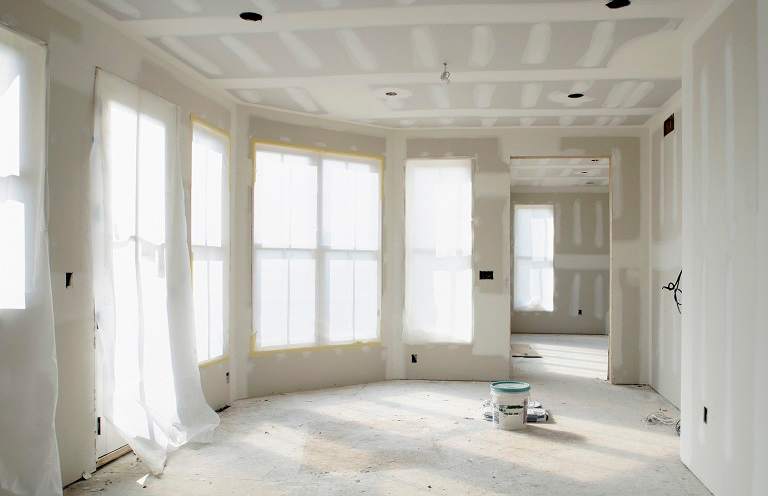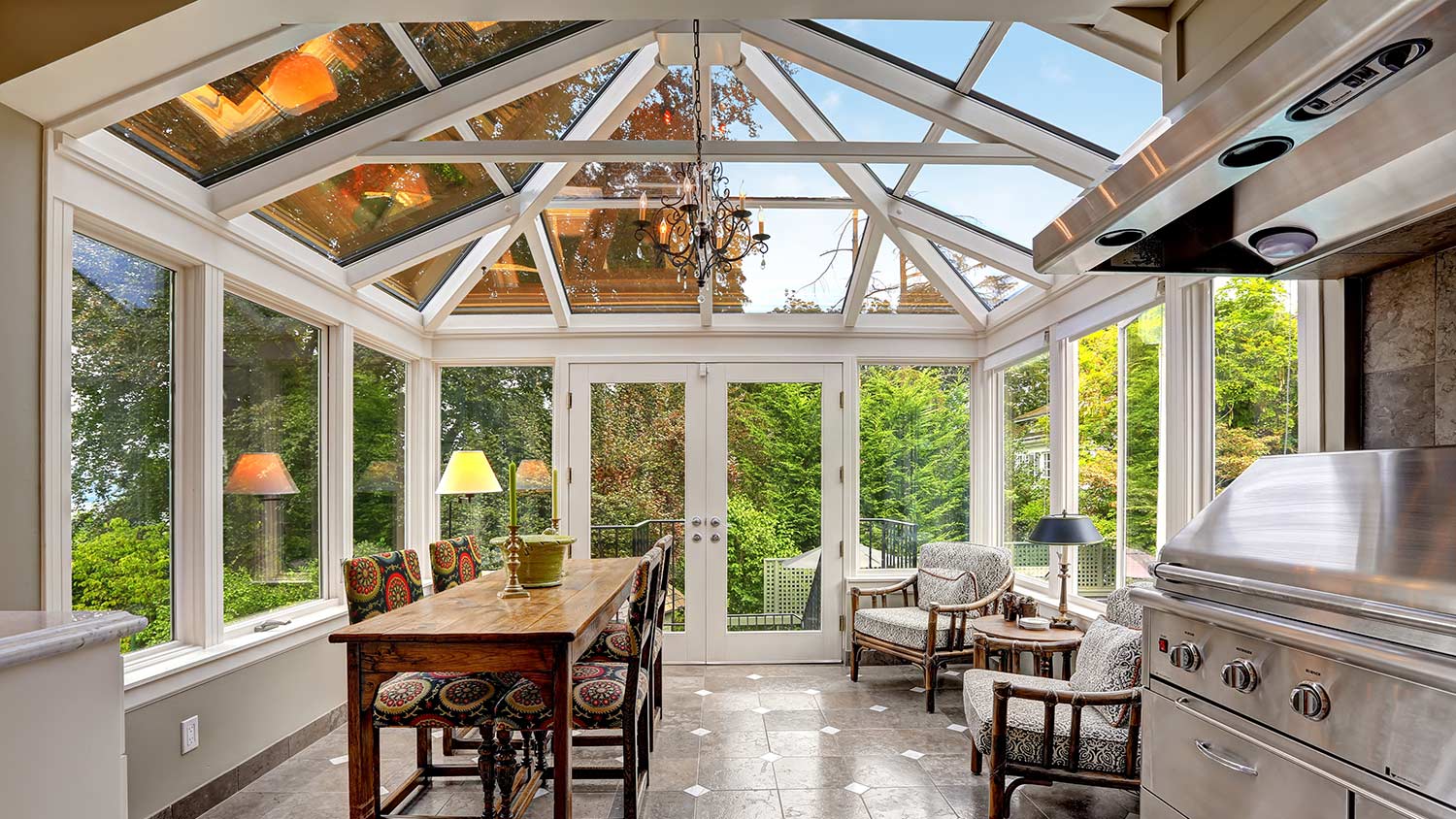
Patio door replacement costs depend on door type, size, location, and difficulty. Additional features like tinting and retractable screens will increase costs.
Hire a home addition specialist for start‑to‑finish planning, permits, and construction


Building a home addition adds living space and value. A specialist manages plans, permits, and construction end-to-end.
Most homeowners pay $22,000 to $84,000, with an average cost of $51,000.
General contractor fees add 10% to 20% to the total cost of a home addition, and subcontracting can cause scheduling delays.
Specialists reduce change orders, understand local permitting requirements, and help avoid delays caused by risky material choices.
This article was created using automation technology and thoroughly fact-checked and edited by HomeAdvisor Editor Ryan Noonan.
If you’re asking who builds home additions, the best answer is a home addition specialist. These pros coordinate engineers' and architects' plans, handle materials and permitting, and manage construction. A licensed pro must pull permits, which keeps your project legal and up to code. Hiring a home addition specialist reduces delays and anticipates issues early.
Home addition specialists are the top choice for building home additions because they deliver dedicated, addition‑focused expertise. They guide you from planning and design through finishes and exterior restoration, so nothing falls through the cracks. Their permit fluency and integrated teams reduce mid‑project changes, scheduling conflicts, and code issues that add cost and time.
Here are some of the top benefits of hiring a home addition specialist:
One team that covers structural, electrical, plumbing, and HVAC
Less reliance on subcontractors, which can delay schedules
No added general contractor supervisory fees
Clear permit guidance from day one
Deep, addition‑specific experience and problem prevention
Fewer mid‑project change orders
Start‑to‑finish accountability and oversight
Better coordination of materials and timelines
Focus on code compliance and legal requirements
If your project involves complex work like structural changes, electrical, or plumbing, consider a general contractor near you to ensure the job is done safely and up to code.
You can hire a general contractor for an addition, but there are trade‑offs. A general contractor fee adds 10% to 20% to your total, increasing labor costs. Many general contractors subcontract key trades, which raises the risk of delays and uneven quality. They also lack expertise specific to additions to anticipate challenges early.
If you prioritize specialized experience and permit fluency, it’s best to hire a home addition specialist near you.
Specialists follow a defined, end‑to‑end process to keep your additions predictable and code-compliant. Expect clear planning, coordinated schedules, and earlier problem‑solving. “Dry in” means enclosing the structure to keep out weather, while “rough‑in” covers initial plumbing, electrical, and HVAC runs before walls close.
Here’s a look at the standard process for building a home addition:
Detailed planning with a structural engineer and an architect
Sourcing interior and exterior materials with the homeowner
Pulling all required permits
Excavating and pouring the foundation
Framing walls, roofing, and flooring (if applicable)
Enclosing to “dry in” with roofing, sheathing, windows, and doors
Roughing in plumbing, electrical, and HVAC
Installing insulation and drywall
Interior finishes such as paint, flooring, fixtures, and trim
Restoring the exterior, such as leveling and reseeding the yard
Contractor supplier relationships help avoid backorders and delays. Trendy or overseas materials can face shipping issues that extend timelines, so be sure to plan your project in advance.
A home addition costs an average of $51,075, with most homeowners paying $21,940 to $83,360. Your total depends on the addition size, type, and chosen materials.
If you use a general contractor, the GC fee adds 10% to 20% to the total, and subcontracting can slow schedules. Selecting specialty or overseas materials can add to costs and timelines. Many additions deliver returns of 50% to 60% on investment.
From average costs to expert advice, get all the answers you need to get your job done.

Patio door replacement costs depend on door type, size, location, and difficulty. Additional features like tinting and retractable screens will increase costs.

Planning to add a deck to your home? Explore how materials, project size, and labor impact the overall price, and get tips to maximize your investment.

Learn about game room cost factors such as gaming consoles, sound systems, furnishings, installation labor, and remodeling vs. renovating.

Who builds sunrooms? Learn which sunroom contractors to hire, what affects cost, and how pros get it done to brighten your space

Use this guide to budget for bump-out addition costs based on factors such as room size, room type, labor, finishes, permits, and more.

An in-law suite is a great solution for people who have family visiting often. Explore how much an in-law suite costs and prep to build yours.